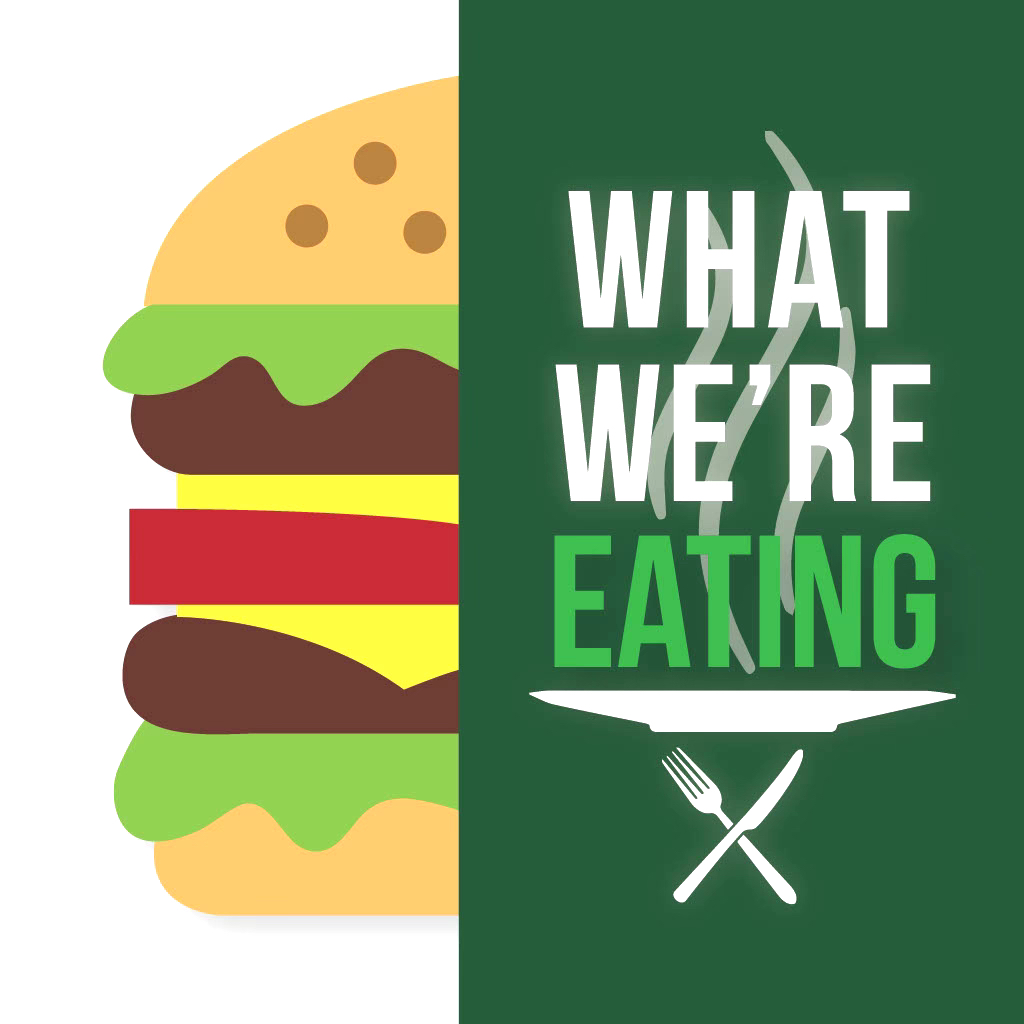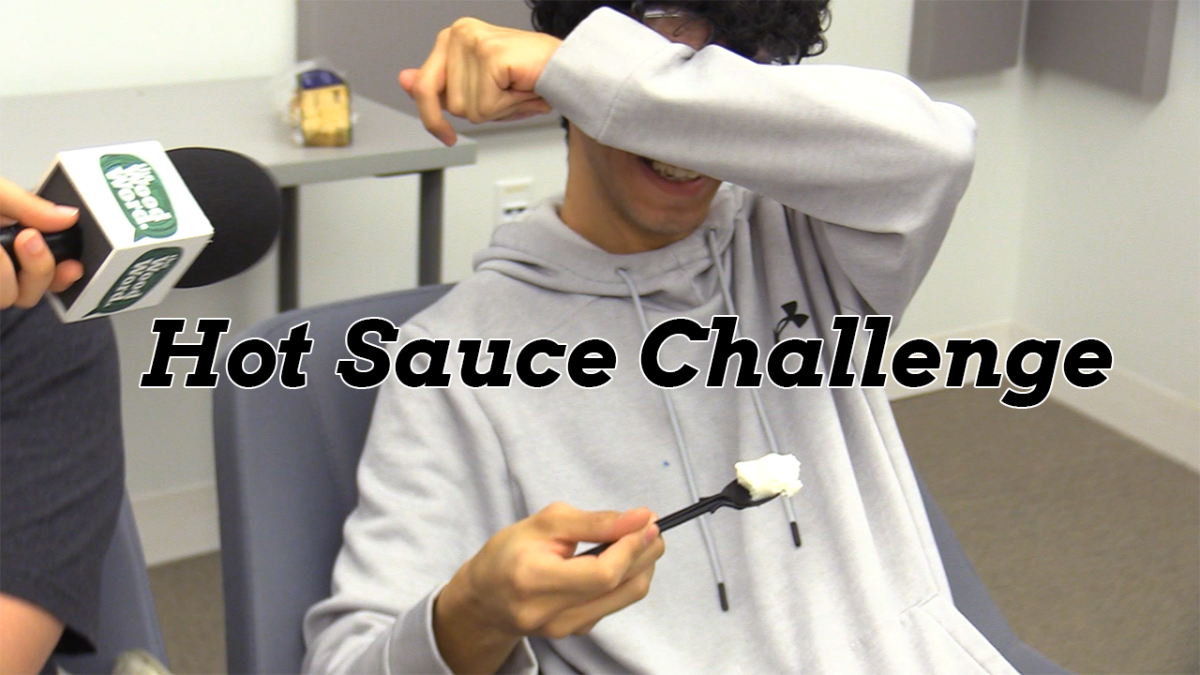There’s a reason the rights to free speech, press, assembly, religion, and petitions to the government come first in the United States Bill of Rights.
Without these fundamental freedoms, the rest are moot. How can citizens defend their other rights if their voices will not be heard by the lawmakers?
It is because of the First Amendment that Americans can read about the thousands of people dying in revolutions in the Middle East for their own right to express themselves freely.
When Tunisians began riots in December 2011 that would echo throughout the Middle East and North Africa, they were demanding several things: economic opportunities, freedom of religion (despite the fact that Tunisia is a predominantly Muslim country, Islamist opposition parties were outlawed), and freedom of expression.
President Zine el-Abedin Ben Ali had been oppressing all these freedoms during his reign. After he was overthrown, moderate Islamist politicians were able to fill the power vacuum and immediately implemented reforms allowing for more political and personal freedoms.
According to Time Magazine, on May 3, 2012, Nabil Karoui, director of Nessma TV, a private television station in the region, was fined an equivalent of $1,400 for airing the American-French film “Persepolis,” which featured an animated depiction of the prophet Muhammad.
Vivienne Walt of Time wrote, “The timing of Thursday’s judgment against Karoui could hardly be more awkward for this government. It came, no less, on World Press Freedom Day, whose U.N.-sponsored meeting is taking place this year in Tunis, where the government has pitched itself as a moderate Western-friendly ally.”
This is a clash between freedom of expression and freedom of religion, two fundamental rights of our First Amendment. The Tunisian court judges, who are exercising the right to practice Islam freely, are stepping on the freedom of expression, calling it “violating public morals and disturbing public order,” according to Karoui’s official charges.
It remains to be seen whether the budding democracies in the Middle East and North Africa can find a balance of their rights to express themselves freely without being censored on moral grounds.
Can someone truly have freedom of expression and freedom of religion if their religion impedes their expression? Was it for this very reason the United States’ founding fathers thought it best to separate church and state? The Muslim world has to ask itself if it is ready for a society with free expression, including those that may contradict Islam.










